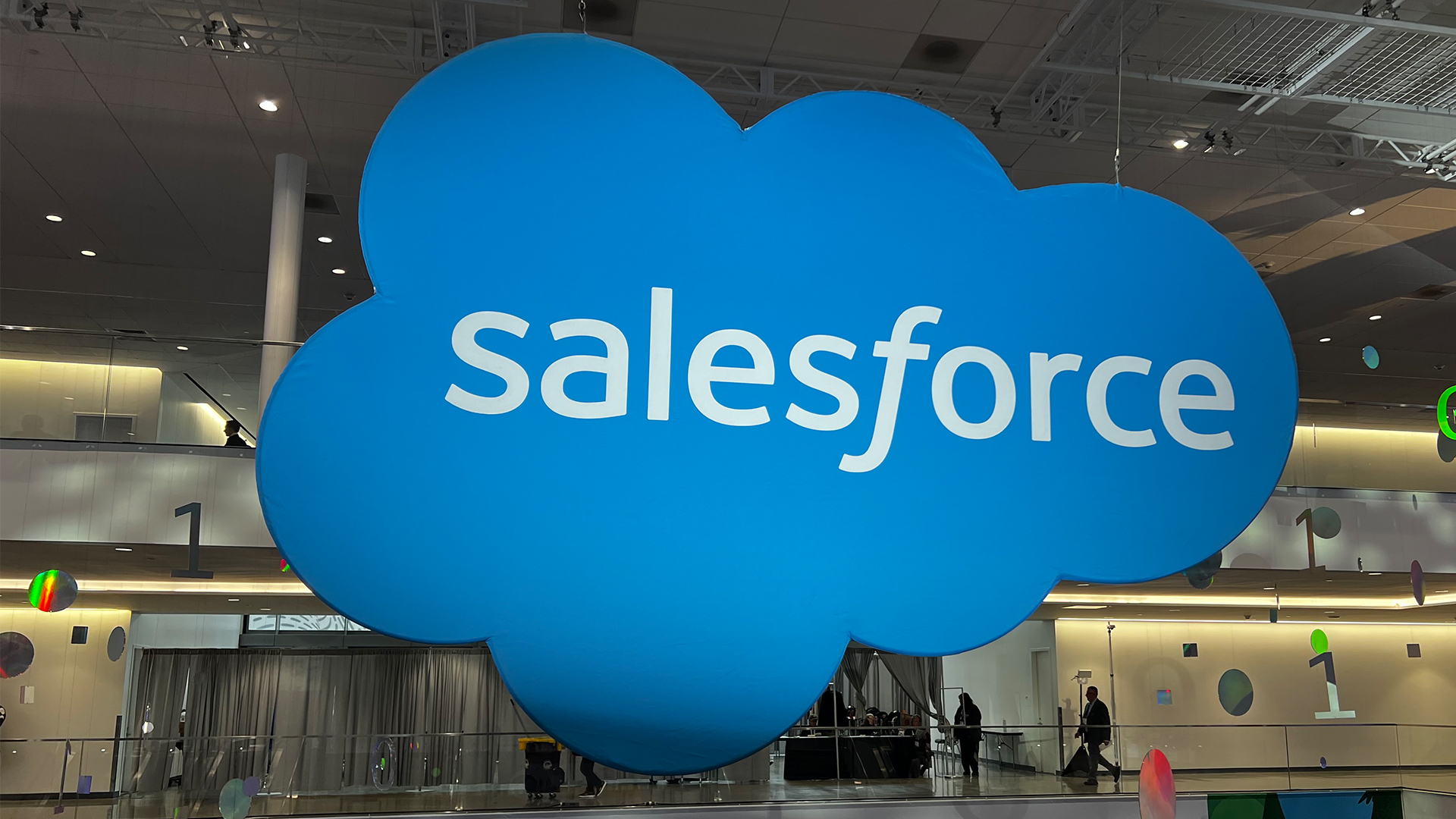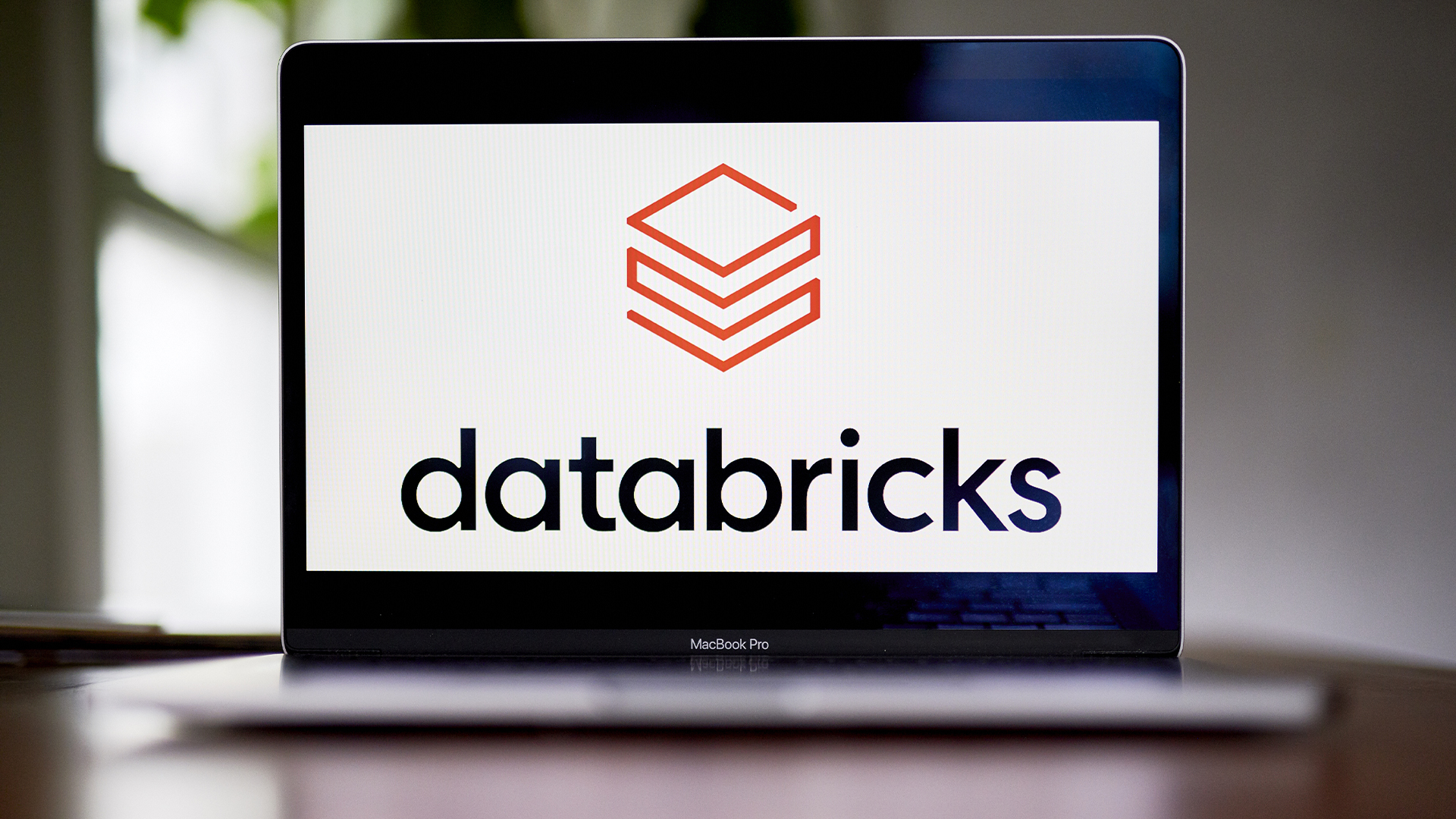‘DIY’ agent platforms are big tech’s latest gambit to drive AI adoption
Many of the world’s biggest tech companies have rolled out agentic AI platforms with an emphasis on a ‘DIY’ approach for customers


In recent months there’s been a big push on agentic AI in the tech industry, in particular with regard to ‘do-it-yourself (DIY)’ platforms that give businesses the tools to design their own agents.
Just this week, Oracle launched its ‘AI Agent Studio’ that embeds agentic tooling within the Oracle Fusion Platform, allowing customers to both create and manage agents or teams of agents across enterprise platforms.
OpenAI dropped a new set of tools and APIs earlier in the month that serves a similar purpose, allowing users to build agent logic and orchestration processes for agents to complete tasks.
Other firms such as AWS, Salesforce, and Workday have released their own platforms, all with a focus on giving users the tooling to make agents rather than simply providing off-the-shelf agents for businesses to use.
The reason that the emphasis is being placed on user customization and direction speaks to the use cases of agentic AI, which according to Gartner analyst Pieter J. den Hamer are often less deterministic or pre-defined than with other technologies.
“You need to tailor them,” Hamer told ITPro. “You need to customize them to the business context at hand.”
That may be why AI vendors are ramping up offerings in this regard, Hamer noted, as they know that end-users will get the most use out of agentic tools if they have full control over how they work, and what they do. It’s all in their hands.
Get the ITPro daily newsletter
Sign up today and you will receive a free copy of our Future Focus 2025 report - the leading guidance on AI, cybersecurity and other IT challenges as per 700+ senior executives
Agentic AI in the hands of the enterprise
With the onus on the end-user, this raises questions over how these platforms will compete when they all offer similar tooling and the end result is largely dependent on implementation.
From an enterprise perspective, this also presents a conundrum over which platform to choose.
Ultimately, businesses need to pay attention to the nuances of different agentic platforms and assess whether the controls they provide align with their needs in terms of management, security, and scale.
Ease of development will be a key differentiator, according to Hamer, and there will be differences in whether agents can be created via low-code or no-code processes, or whether more complex engineering is required.
Integration with other tools and workflows - or with other agents - will also be a deciding factor, he added, as well as the flexibility or openness of the framework that the agents are running on.
If the technology is being targeted at staff as a means of letting them create agents for their own personal tasks, for example, then ease of use and configuration capabilities also become more important.
“I think importantly it's also the financial costs that also need to be monitored,” Hamer added, referencing the potential for vendors to charge users on a pay-per-use basis.
“If you have 10 agents that may be okay, but if, you know, if you're successful you get hundreds or 1000s of agents, then this cost may quickly spiral out of control,” Hamer said.
The ideal agent platform should also be able to integrate with agents from different vendors or origins in Hamer’s opinion, as customers may eventually want to, for example, make their Workday agents collaborate with their Salesforce agents.
With this in mind, as the agentic AI space matures in years to come, its development may mirror that of the broader cloud computing space, which initially started as a rush to the public cloud, but more recently has evolved to a point where many enterprises adopt a multi-cloud approach.
The risk of agent sprawl
While agents bring with them great possibilities in terms of driving efficiency and productivity, there is potential for them to create problems, particularly when businesses get to the stage of mass deployment.
Businesses could find themselves facing ‘agent sprawl’, whereby different staff members and teams are using multiple agents that may be siloed or not configured to communicate correctly with one another.
There may be hundreds of different models operating on different devices, according to Forrester analyst Craig Le Clair, meaning the importance of proper governance becomes more vital.
“Keeping the number of platforms to a minimum, having them be approved by corporate IT - that's really a critical governance function that we find,” Le Clair told ITPro.
If proper housekeeping isn’t done on the agentic front through the removal of excess tooling, then businesses may find themselves facing sprawl issues, Hamer said.
“If you do nothing then your agent ecosystem will quickly become an agent jungle,” Hamer added.
The prospect of agent sprawl mirrors a trend already witnessed in the broader enterprise space in recent years, with firms across a range of industries reporting problems with tool or application sprawl.
Many had already developed oversized software ecosystems before AI came along, and research shows this can have a huge impact on both efficiency and security.
Red Canary’s 2024 Security Operations Trends report last year showed many businesses were contending with heightened costs as a result of tool sprawl, for example.
Discussing the looming prospect of agent sprawl with ITPro, Oracle’s VP of AI business value Neil Sholay made similar comments about the issue and the need for proper agentic management.
“My personal view is we are very quickly going to move to a world where you have agents coming from multiple vendors,” Sholay said.
“I think we need to very quickly start looking at things like portability, reuse, and some kind of standard framework for how you have agent-to-agent interoperability,” he added.
MORE FROM ITPRO
- OpenAI unveils its Operator agent to help users automate tasks
- AI agent announcements are a dime a dozen right now – here’s what Oracle thinks it’s doing differently
- On-device AI assistants are meant to be helpful – why do I find them so annoying?

George Fitzmaurice is a former Staff Writer at ITPro and ChannelPro, with a particular interest in AI regulation, data legislation, and market development. After graduating from the University of Oxford with a degree in English Language and Literature, he undertook an internship at the New Statesman before starting at ITPro. Outside of the office, George is both an aspiring musician and an avid reader.
-
 Bigger salaries, more burnout: Is the CISO role in crisis?
Bigger salaries, more burnout: Is the CISO role in crisis?In-depth CISOs are more stressed than ever before – but why is this and what can be done?
By Kate O'Flaherty Published
-
 Cheap cyber crime kits can be bought on the dark web for less than $25
Cheap cyber crime kits can be bought on the dark web for less than $25News Research from NordVPN shows phishing kits are now widely available on the dark web and via messaging apps like Telegram, and are often selling for less than $25.
By Emma Woollacott Published
-
 Salesforce wants technicians and tradespeople to take AI agents on the road with them
Salesforce wants technicians and tradespeople to take AI agents on the road with themNews Salesforce wants to equip technicians and tradespeople with agentic AI tools to help cut down on cumbersome administrative tasks.
By Ross Kelly Published
-
 Meta executive denies hyping up Llama 4 benchmark scores – but what can users expect from the new models?
Meta executive denies hyping up Llama 4 benchmark scores – but what can users expect from the new models?News A senior figure at Meta has denied claims that the tech giant boosted performance metrics for its new Llama 4 AI model range following rumors online.
By Nicole Kobie Published
-
 OpenAI woos UK government amid consultation on AI training and copyright
OpenAI woos UK government amid consultation on AI training and copyrightNews OpenAI is fighting back against the UK government's proposals on how to handle AI training and copyright.
By Emma Woollacott Published
-
 Fake it till you make it: 79% of tech workers pretend to know more about AI than they do – and executives are the worst offenders
Fake it till you make it: 79% of tech workers pretend to know more about AI than they do – and executives are the worst offendersNews Tech industry workers are exaggerating their AI knowledge and skills capabilities, and executives are among the worst offenders, new research shows.
By Nicole Kobie Published
-
 Sourcetable, a startup behind a ‘self-driving spreadsheet’ tool, wants to replicate the vibe coding trend for data analysts
Sourcetable, a startup behind a ‘self-driving spreadsheet’ tool, wants to replicate the vibe coding trend for data analystsNews Sourcetable, a startup developing what it’s dubbed the world’s first ‘self-driving spreadsheet’, has raised $4.3 million in funding to transform data analysis.
By Ross Kelly Published
-
 Databricks and Anthropic are teaming up on agentic AI development – here’s what it means for customers
Databricks and Anthropic are teaming up on agentic AI development – here’s what it means for customersNews Simplifying agentic AI adoption is the name of the game for Databricks
By Ross Kelly Published
-
 DeepSeek and Anthropic have a long way to go to catch ChatGPT: OpenAI's flagship chatbot is still far and away the most popular AI tool in offices globally
DeepSeek and Anthropic have a long way to go to catch ChatGPT: OpenAI's flagship chatbot is still far and away the most popular AI tool in offices globallyNews ChatGPT remains the most popular AI tool among office workers globally, research shows, despite a rising number of competitor options available to users.
By Ross Kelly Published
-
 “No, I don't think it is the end of Salesforce”: Klarna CEO clarifies why it stopped using Salesforce – and why he doesn’t think other companies will follow suit
“No, I don't think it is the end of Salesforce”: Klarna CEO clarifies why it stopped using Salesforce – and why he doesn’t think other companies will follow suitNews Klarna CEO Sebastian Siemiatkowski has explained his firm’s decision to stop using Salesforce in favor of its in-house AI tools.
By George Fitzmaurice Published